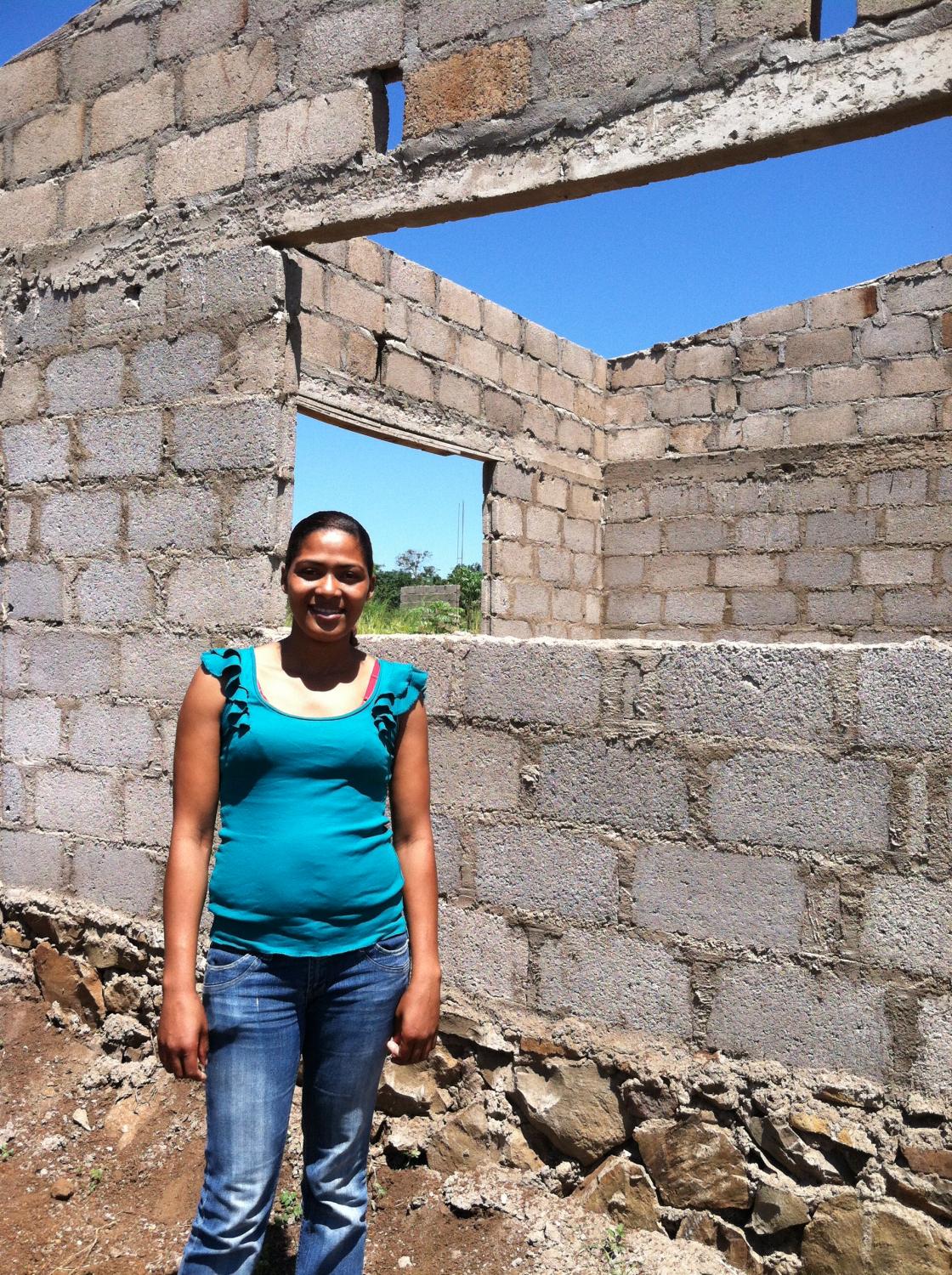
When I lend on Kiva, I want to support a budding entrepreneur, someone that shows innovation in their small-scale business, has big dreams and is now able to run after them. I like to imagine that as a Kiva lender, I am a small part of a catalytic process that opens the floodgates to the borrower’s success. I lend because I want to do something selfless, however when it comes to choosing borrowers, my selflessness dies out a bit as I selfishly pick the borrower who I think will have the biggest short-term success; I am hungry for the satisfaction of seeing my $25 move a borrower from a fruit stand on the side of the road to a store-front, or another concrete step in the world of business.
So why, when I can make such a huge difference in the life of a motivated entrepreneur, would I choose to lend to a borrower who needs a loan to buy cement and iron rods to continue building their house? They won’t even be able to finish their house with this loan, but simply continue building it. They clearly won’t be making a profit from building their house, so how will they repay this loan? How will my $25 even impact this borrower?
 Lalita, a single mother of one, said that is would take 20 years to finish her house without the support of Kiva loans.
Lalita, a single mother of one, said that is would take 20 years to finish her house without the support of Kiva loans.What if you learned that by lending $25 to a borrower in Mozambique to buy cement and iron rods simply to continue building their house, you could change their social status? In Mozambique, the lowest minimum wage is USD 61.50 per month. However, the cost of living in Mozambique is very high. From one income, a single parent is responsible for paying for all food, rent, transportation, parents’ living costs, and school tuition for their children (and oftentimes nieces and nephews who are orphaned and in their care). There is no way to break this constant cycle of using all of one’s monthly income on living expenses without building a house. By building a house, the borrower no longer has to pay rent, and will have a little extra money to invest in a small business or go to university, the next step out of poverty. Building a house also marks a significant life achievement; many borrowers have never owned anything of value and building a house marks a significant step in social status, as well as demands respect for the hard work of the borrower. Although the short-term impact of lending $25 to a borrower for personal housing expenses is much harder to recognize, be assured that your impact is even larger than serving as a catalyst - you are creating an environment in which opportunity can grow.
PREVIOUS ARTICLE
New Jersey Club Gets Crafty for Microfinance →NEXT ARTICLE
A Dog Day Adventure: Saving Kiva Searches →













